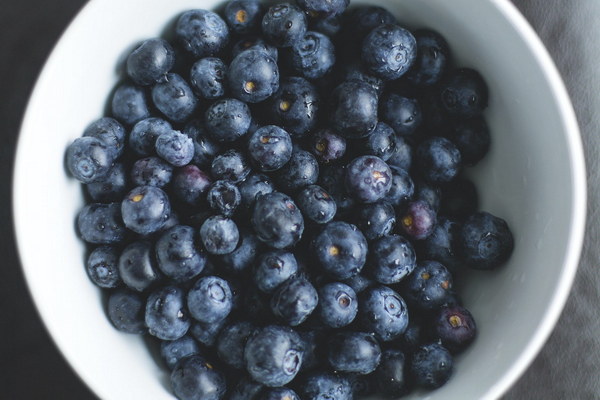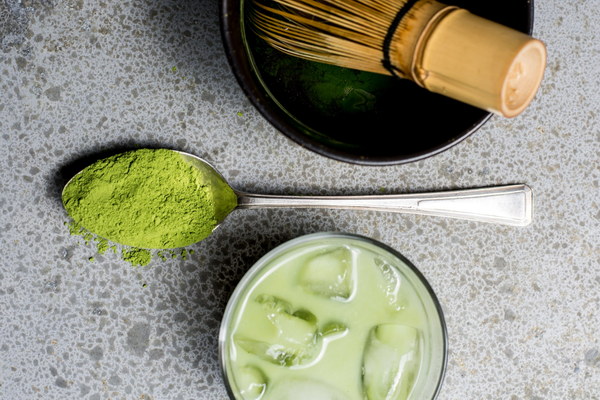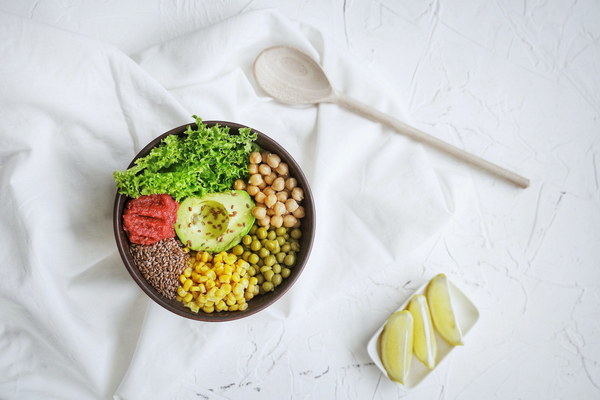Is Pollen or Honey Better for Your Stomach A Comprehensive Guide
Gastrointestinal health is a vital aspect of overall well-being, and maintaining a healthy stomach is essential for digesting food efficiently and absorbing nutrients effectively. With numerous natural remedies available, two popular options often come to mind: pollen and honey. But which one is better for your stomach? Let's delve into the details to find out.
Pollen: The Natural Energy Booster
Pollen is the male reproductive material of flowering plants. It is rich in protein, vitamins, minerals, and antioxidants. Some people believe that pollen can help improve stomach health due to its nutritional content.
1. Protein: Pollen is an excellent source of protein, which is essential for muscle repair and growth. It can also help maintain healthy gut flora, which plays a crucial role in digestion and nutrient absorption.
2. Vitamins and Minerals: Pollen contains essential vitamins and minerals such as vitamin B, vitamin C, iron, potassium, and zinc. These nutrients are vital for maintaining a healthy digestive system and can help combat stomach issues like bloating and indigestion.
3. Antioxidants: Pollen contains antioxidants that can help reduce inflammation in the stomach, which is a common cause of discomfort and pain. This can lead to improved digestion and overall stomach health.

However, it is essential to note that pollen may not be suitable for everyone. Some individuals may experience allergic reactions or gastrointestinal discomfort when consuming pollen. It is always advisable to consult with a healthcare professional before incorporating pollen into your diet.
Honey: The Sweet Remedy
Honey has been used for centuries as a natural remedy for various ailments, including stomach issues. It is a sweet, thick liquid produced by bees from the nectar of flowers. Here's how honey can benefit your stomach:
1. Antibacterial Properties: Honey has natural antibacterial properties, which can help combat harmful bacteria in the stomach. This can be particularly beneficial for those suffering from stomach infections or ulcers.
2. Natural Soother: Honey is a natural soother that can help relieve stomach pain and inflammation. It can be consumed directly or mixed with warm water or tea to provide relief.
3. Digestive Aid: Honey can act as a digestive aid, helping to break down food and facilitate smooth digestion. It is also believed to increase the production of digestive enzymes, further aiding in the digestion process.
4. Prebiotic Properties: Honey contains prebiotics, which are beneficial for gut health. Prebiotics help nourish the good bacteria in the gut, leading to improved digestion and a stronger immune system.
However, like pollen, honey may not be suitable for everyone. Individuals with certain health conditions, such as diabetes or allergies to bees, should consult with a healthcare professional before consuming honey.
Conclusion
Both pollen and honey offer potential benefits for stomach health. Pollen provides a rich source of nutrients and antioxidants, while honey has antibacterial and soothing properties. However, the effectiveness of these natural remedies may vary from person to person.
Ultimately, the choice between pollen and honey depends on your personal preferences and health needs. It is essential to consult with a healthcare professional before incorporating either of these remedies into your diet, especially if you have any underlying health conditions or allergies.
In conclusion, while both pollen and honey can be beneficial for stomach health, it is crucial to choose the right option based on your individual circumstances. Always prioritize your health and consult with a healthcare professional for personalized advice.









